After nearly two decades paying his dues by writing industrial videos and TV projects, Briton Peter Morgan emerged as the "it" screenwriter of 2006, thanks to the royal successes of two critically acclaimed films, "The Queen" and "Last King of Scotland."
This celebrated storyteller gave the historical drama genre a much-needed shot in the arm with his apolitical approach to portraying public figures as real human beings involved in interesting and complex relationships - characterizations he practically supported with both fact and fiction.
Morgan delved into the inner lives of these high-profile lives in a way that was compelling and completely entertaining to critics and audiences alike. As the 2006 awards nominations began to roll in, it became clear that Morgan was on his way to becoming a member of a very small club - screenwriters who movie audiences asked for by name.
Peter Morgan was born on April 10, 1963, and grew up in the London suburb of Wimbledon. In a scenario seemingly right out of a screen drama itself, his Mum was a Catholic Pole who had come to London to escape the Soviet regime and his dad was a German Jew who had fled Dresden in the thirties, transforming from Morgenthau to the more Anglo-sounding, Morgan.
German was spoken around the house, something which young Peter was teased about by his upper-middle-class Catholic boarding schoolmates. He went onto to study English at the University of Leeds, but was uninspired by the department's dusty attitude, switching instead to the fine art department where he eventually earned his degree.
While at Leeds, Morgan began acting in student dramas and getting great reviews, but after suffering one nerve-shattering attack of stage fright during a random performance, wisely decided to focus on writing and directing instead. His acting stint would prove to be fruitful for his writing career, offering valuable insight into writing dialogue and understanding what kind of material an actor needs to get his character across.
Morgan found a writing partner in fellow student Mark Wadlow, and the duo's first play, "Gross" - performed at the Edinburgh Festival - brought them a level of instant recognition. Afterward, the two were recruited by a production company to write training films. It was not the West End, but it was paid writing work and they were thrilled to get any kind of work.
Wadlow and Morgan wrote these training films for several years in London before getting a break working on the script for John Schlesinger's "Madame Sousatzka"(1988). Several more years of industrial work followed before Wadlow moved on to write for the British soap opera, "Coronation Street," while Morgan got a TV break writing for an episode of "Rik Mayall Presents" (1993-1995), a dramatic series featuring one of Britain's more popular comedic actors.
Morgan also penned the miniseries thriller "Metropolis" (2000), the TV courtroom drama "The Jury" (2002) and the 2003 TV movie "Henry VIII," starring Ray Winstone and Helena Bonham-Carter - the latter of which earned an international Emmy for Best Drama.
With Morgan's 2004 TV script, "The Deal," which centered around the co-dependent relationship between British Prime Minister Tony Blair and Chancellor Gordon Brown, Morgan really started gaining recognition for his exploration of unusual relationships and the humanity he brought to his characters.
"The Deal" was also Morgan's first partnership with director Stephen Frears (of "Dangerous Liaisons" (1988) and "High Fidelity" (2000) fame) - a relationship which afforded him the opportunity to shift toward feature films.
Right off the bat, he landed the screenplay adaptation of Giles Foden's novel "The Last King of Scotland" (2006), a feature film exploring the relationship between Ugandan dictator Idi Amin and a young Scottish doctor. Only months later, Morgan and Frears teamed up again to create the biggest hit of their respective careers, "The Queen."
The film focused on the impact of the 1997 death of Princess Diana on the Royal Family, and how - along with the arrival of Prime Minister Tony Blair - signaled a new era in Britain. With his script, Morgan examined the complex and strained relationship between Blair and the Queen Mum, as well as created an unprecedented portrait of the Queen as an aging mother falling further and further out of touch with the modern world.
The film was nominated in the categories of Best Drama, Best Director, Best Screenplay, and Best Performance by an Actress at the 2006 Golden Globe Awards. He would go on to take home the coveted Best Screenplay prize. Morgan's screenplay also received top honors at The New York Film Critic's Circle, The Los Angeles Film Critic's Association, The British Independent Film Award, and the Venice Film Festival, though nothing topped his first-ever Academy Awards nomination for Best Original Screenplay.
In 2006, Morgan the playwright was reborn with the critically lauded "Frost/Nixon," which revisited the 1977 televised interviews David Frost conducted with ousted president Richard Nixon. Again, the public personas were second to Morgan's verbal choreography between the two once-powerful men, each with something to gain and lose in this high-profile exercise.
The play moved from the West End onto Broadway and into a heated bidding war over the film rights, which were won by director Ron Howard. Morgan was set to follow up his significant 2006 film and stage successes with another British television drama - this one about soccer manager Brian Clough - and the screenplay for "The Other Boleyn Girl" (2008), a film adaptation of Philippa Gregory's book of the same name.
For the big screen, he adapted his own play for "Frost/Nixon" (2008), which was directed by Ron Howard and earned Morgan considerable critical acclaim, as well as a Golden Globe nomination for Best Screenplay. Back on the small screen, Morgan wrote "The Special Relationship" (HBO, 2010), an intimate look at the relationship between President Bill Clinton (Dennis Quaid) and British Prime Minister Tony Blair (Michael Sheen).
His script earned him an Emmy Award nomination for Outstanding Writing for a Miniseries, Movie or a Dramatic Special.

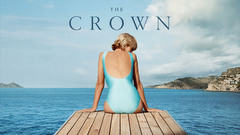







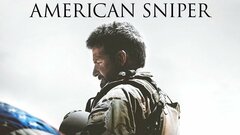
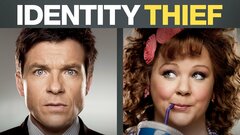
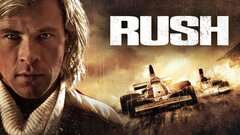






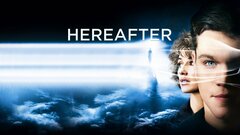


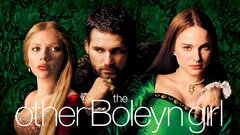
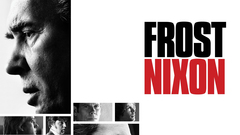




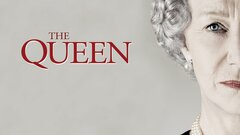
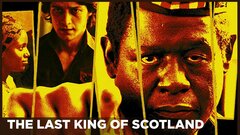





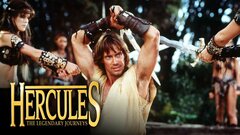

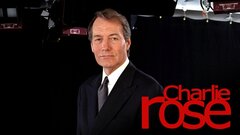

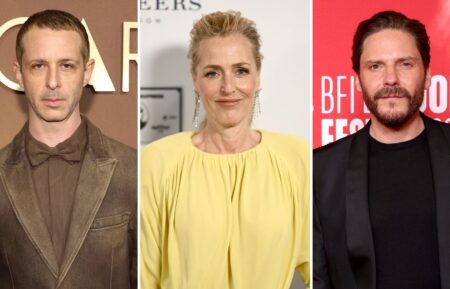

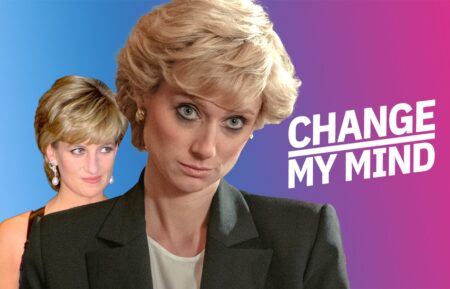

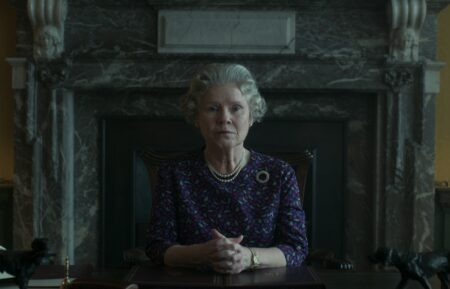
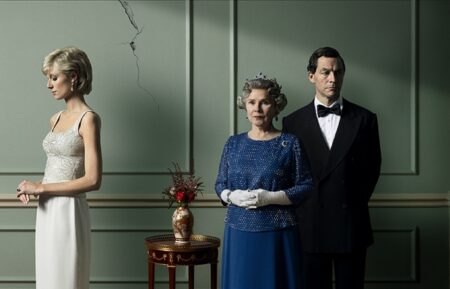
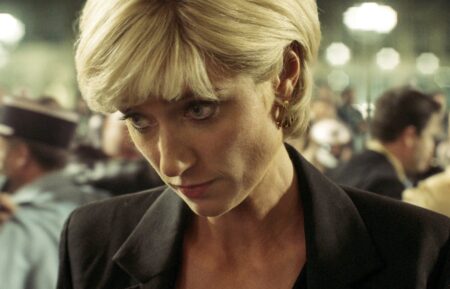

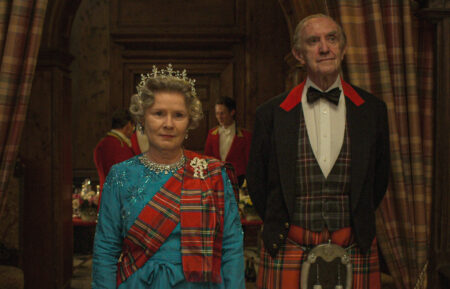
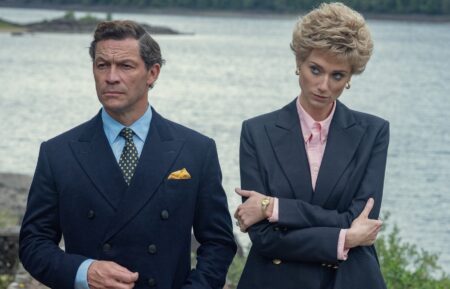
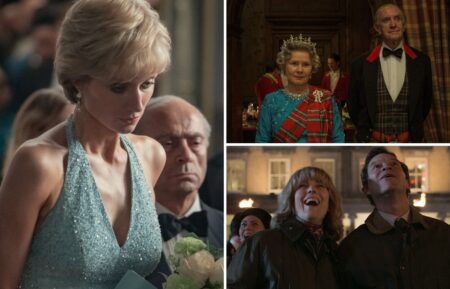
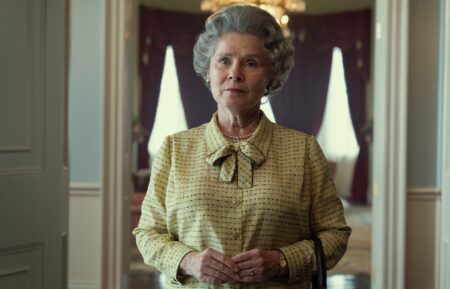

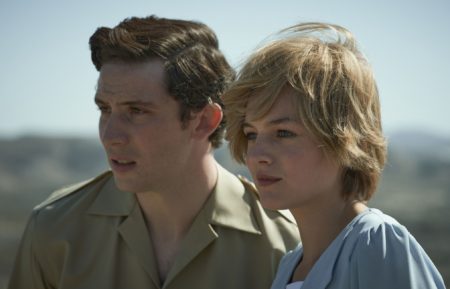
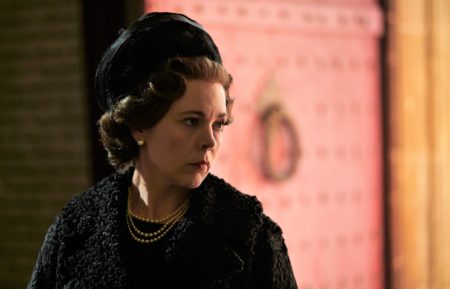
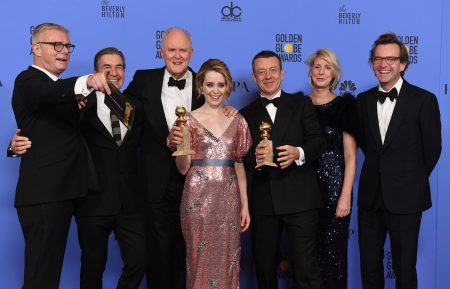





![Peter Morgan arriving at the World Premiere of The Crown Season 5, Theatre Royal, Drury Lane, London. (Credit Image: © Doug Peters/PA Wire via ZUMA Press) (Newscom TagID: zumaamericasthirtyfive737527.jpg) [Photo via Newscom], November 8, 2022, London, England, United Kingdom.](https://media.baselineresearch.com/images/2019741/2019741_small.jpg)







